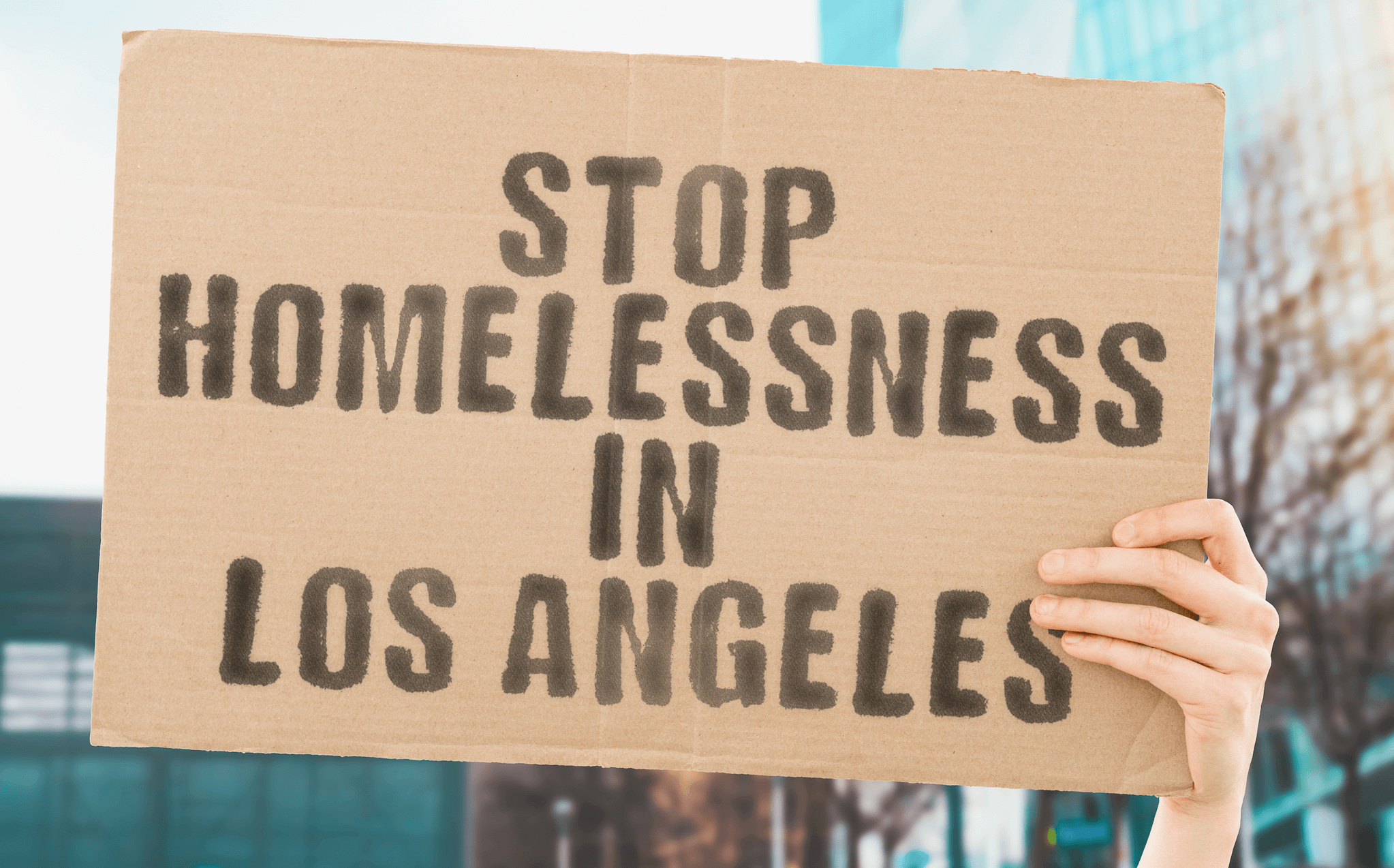
If you’ve read recent headlines or turned on the evening news, you’re probably aware of California’s homelessness problem. The rates of homelessness across the state have become so high that reporters have labeled the situation a “crisis.” The latest data show just how bleak the situation is, and in response, Governor Newsom is taking action. His latest proposal involves creating 10,000 new community behavioral health beds and housing units across the state, but before this solution can become a reality, it must receive voter approval.
California Homelessness Statistics
Before diving into the specifics of Governor Newsom’s proposal, it’s helpful to take a look at data related to homelessness in the state of California. According to the Public Policy Institute of California (PPIC), in 2022, 30% of the U.S. population of individuals experiencing homelessness were located in the state.
Additional statistics related to California homelessness include:
- Between 2020 and 2022, rates of homelessness in California increased 6%, compared to 0.4% in the rest of the U.S.
- During the same period, the sheltered homeless population in the state grew by 17%.
- In major cities, the total homeless population in California increased 9% between 2020 and 2022, while the sheltered homeless population in large cities grew by 22% during the same period.
- In Los Angeles, the total homeless population increased 2% between 2020 and 2022, and the sheltered homeless population grew by 9%.
- Oakland saw extreme increases in the homeless population between 2020 and 2022, with a 20% overall increase and a 43% increase in the sheltered homeless demographic.
Finally, California is home to half of the nation’s unsheltered people, with an estimated 115,491 Californians belonging to the unsheltered homeless population.
Solutions to California’s Increasing Homeless Population
For Governor Newsom, homelessness in California is too serious of a problem to ignore. Recognizing the relationship between untreated mental illness and homelessness, Newsom sponsored the Community Assistance, Recovery and Empowerment (CARE) Act, which passed the California legislature and was signed into law in 2022. This act created what are known as “CARE Courts” throughout the state. These courts are funded by a $15.3 billion investment set aside to address homelessness in California.
Under the new act, families, clinicians, first responders, and others will be permitted to refer individuals with schizophrenia and other psychotic disorders to the CARE Court program. Individuals in the program will receive court-ordered, community-based mental health and addiction treatment. While in the program, which lasts 12-24 months, participants will have access to a clinical team, an attorney, and volunteer support. The ultimate goal of the program is to reach individuals with untreated psychosis, in order to help them achieve stability and to reduce the rates of homelessness and substance abuse, which often go hand-in-hand with severe, untreated mental illness.
Governor Newsom and his supporters believe that the CARE Act will play an important role in reducing the state’s homeless population, but they also argue that additional action is needed to address California’s staggering rates of homelessness. This is where the Mental Health Bed Initiative takes the stage. This $4.68 billion bond proposal would modernize the Mental Health Services Act (MHSA) and provide for the development of 10,000 new community beds and housing units for patients receiving behavioral health services.
Here are some important details about the proposal:
- It is actually a package of two bills: SB 326 (Eggman) & AB 531 (Irwin).
- The proposal passed the Senate Housing Committee at the start of July 2023, and then it moved on to the Senate Governance and Finance Committee.
- The proposal will continue to make its way through the California Legislature, and finally, the two bills involved in the proposal will be signed by Governor Newsom if passed.
- If they are passed and signed, the bills will go on the ballot for voter approval in March 2024.
- County-level leaders and policy makers have publicly supported the proposal, recognizing it as an important step in reducing rates of homelessness in the state, by giving individuals with mental illness not only treatment but also a safe place to live.
The Current State of Affairs in LA & Next Steps
The latter half of 2023 will see continued focus on the Mental Health Bed Initiative. As the proposed bills make their way through the California legislature, the hope is that they will eventually be approved, and then signed by the governor. Come March 2024, California voters will decide whether they’d like the bills to become law in their state.
In a report from the Office of Governor Newsome, Health and Human Services Secretary Dr. Mark Ghaly has been quoted as expressing his support for the bill, asserting, “Too many Californians with the most severe behavioral health conditions are living on the streets. Many spend significant time incarcerated. Many cycle in and out of hospitals. At the same time, select counties have demonstrated promising approaches to supporting these most vulnerable Californians – successfully able to meet their clinical, social services and housing needs. Today’s actions provide a clear set of priorities and expectations for outcomes. They provide the kind of focus needed to not only provide better, whole-person focused services, but to ultimately bend the arch of the lives of many Californians toward successful community living and independence.”
If approved, the bills will reform existing laws and provide funding to allow individuals with behavioral health needs to receive the care, and housing, they need to function more optimally. Meanwhile, data from Los Angeles show that the homeless population in the city is increasing, with an estimated 46,260 people experiencing homelessness on any given night. Supporters of the proposal argue that it will be just the solution that is needed to combat the rise in homelessness in Los Angeles and other major cities.
Mission Harbor Behavioral Health provides outpatient mental health and addiction services in Southern California, with office locations in both Santa Barbara and Los Angeles. Contact us today to learn more or to schedule an appointment.




